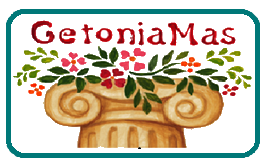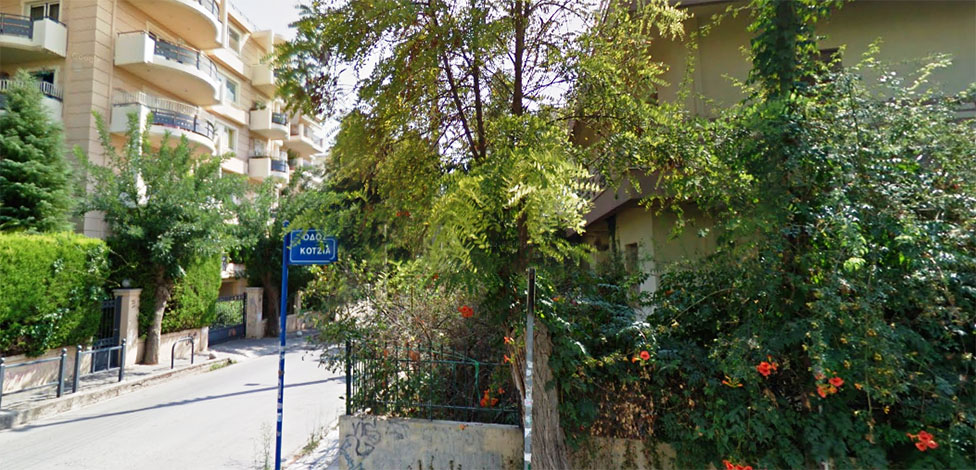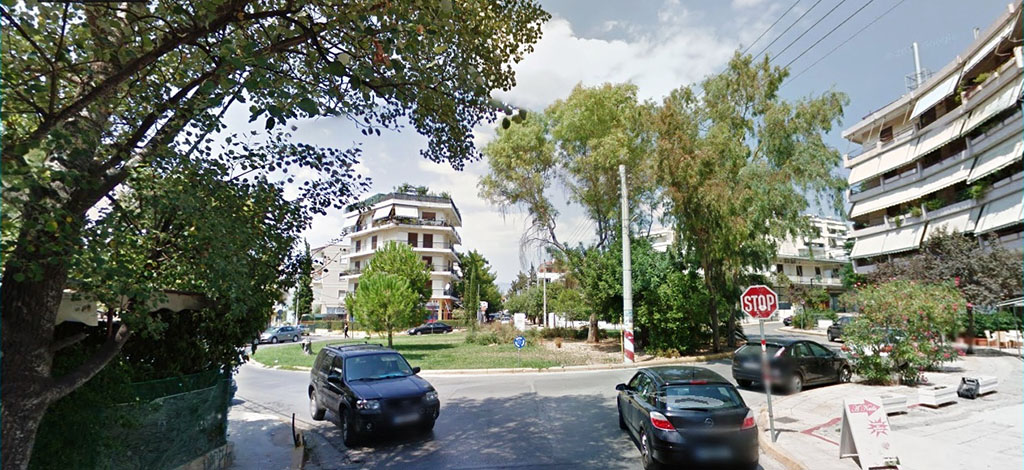Twenty-five years on, I now describe myself as a recovering utopian. When the internet first appeared I was dazzled by its empowering, enlightening, democratising potential. It’s difficult to imagine today the utopian visions that it conjured up in those of us who understood the technology and had access to it. We really thought that it would change the world, slipping the surly bonds of older power structures and bringing about a more open, democratic, networked future.
We were right about one thing, though: it did change the world, but not in the ways we expected. The old power structures woke up, reasserted themselves and got the technology under control. A new generation of corporate giants emerged, and came to wield enormous power. We watched as millions – and later billions – of people happily surrendered their personal data and online trails to be monetised by these companies. We grimaced as the people whose creativity we thought would be liberated instead turned the network into billion-channel TV and morphed into a new generation of couch-potatoes. We saw governments that had initially been caught napping by the internet build the most comprehensive surveillance machine in human history. And we wondered why so few of our fellow citizens seemed to be alarmed by the implications of all this – why the world was apparently sleepwalking into a nightmare. Why can’t people see what’s happening? And what would it take to make them care about it?
Why not, I thought, compose 95 theses about what has happened to our world, and post them not on a church door but on a website? Its URL is 95theses.co.ukand it will go live on 31 October, the morning of the anniversary. The format is simple: each thesis is a proposition about the tech world and the ecosystem it has spawned, followed by a brief discussion and recommendations for further reading. The website will be followed in due course by an ebook and – who knows? – perhaps eventually by a printed book. But at its heart is Luther’s great idea – that a thesis is the beginning, not the end, of an argument.
Twenty-five years on, I now describe myself as a recovering utopian. When the internet first appeared I was dazzled by its empowering, enlightening, democratising potential. It’s difficult to imagine today the utopian visions that it conjured up in those of us who understood the technology and had access to it. We really thought that it would change the world, slipping the surly bonds of older power structures and bringing about a more open, democratic, networked future.
We were right about one thing, though: it did change the world, but not in the ways we expected. The old power structures woke up, reasserted themselves and got the technology under control. A new generation of corporate giants emerged, and came to wield enormous power. We watched as millions – and later billions – of people happily surrendered their personal data and online trails to be monetised by these companies. We grimaced as the people whose creativity we thought would be liberated instead turned the network into billion-channel TV and morphed into a new generation of couch-potatoes. We saw governments that had initially been caught napping by the internet build the most comprehensive surveillance machine in human history. And we wondered why so few of our fellow citizens seemed to be alarmed by the implications of all this – why the world was apparently sleepwalking into a nightmare. Why can’t people see what’s happening? And what would it take to make them care about it?
Why not, I thought, compose 95 theses about what has happened to our world, and post them not on a church door but on a website? Its URL is 95theses.co.ukand it will go live on 31 October, the morning of the anniversary. The format is simple: each thesis is a proposition about the tech world and the ecosystem it has spawned, followed by a brief discussion and recommendations for further reading. The website will be followed in due course by an ebook and – who knows? – perhaps eventually by a printed book. But at its heart is Luther’s great idea – that a thesis is the beginning, not the end, of an argument.
Twenty-five years on, I now describe myself as a recovering utopian. When the internet first appeared I was dazzled by its empowering, enlightening, democratising potential. It’s difficult to imagine today the utopian visions that it conjured up in those of us who understood the technology and had access to it. We really thought that it would change the world, slipping the surly bonds of older power structures and bringing about a more open, democratic, networked future.
We were right about one thing, though: it did change the world, but not in the ways we expected. The old power structures woke up, reasserted themselves and got the technology under control. A new generation of corporate giants emerged, and came to wield enormous power. We watched as millions – and later billions – of people happily surrendered their personal data and online trails to be monetised by these companies. We grimaced as the people whose creativity we thought would be liberated instead turned the network into billion-channel TV and morphed into a new generation of couch-potatoes. We saw governments that had initially been caught napping by the internet build the most comprehensive surveillance machine in human history. And we wondered why so few of our fellow citizens seemed to be alarmed by the implications of all this – why the world was apparently sleepwalking into a nightmare. Why can’t people see what’s happening? And what would it take to make them care about it?
Why not, I thought, compose 95 theses about what has happened to our world, and post them not on a church door but on a website? Its URL is 95theses.co.ukand it will go live on 31 October, the morning of the anniversary. The format is simple: each thesis is a proposition about the tech world and the ecosystem it has spawned, followed by a brief discussion and recommendations for further reading. The website will be followed in due course by an ebook and – who knows? – perhaps eventually by a printed book. But at its heart is Luther’s great idea – that a thesis is the beginning, not the end, of an argument.
Twenty-five years on, I now describe myself as a recovering utopian. When the internet first appeared I was dazzled by its empowering, enlightening, democratising potential. It’s difficult to imagine today the utopian visions that it conjured up in those of us who understood the technology and had access to it. We really thought that it would change the world, slipping the surly bonds of older power structures and bringing about a more open, democratic, networked future.
We were right about one thing, though: it did change the world, but not in the ways we expected. The old power structures woke up, reasserted themselves and got the technology under control. A new generation of corporate giants emerged, and came to wield enormous power. We watched as millions – and later billions – of people happily surrendered their personal data and online trails to be monetised by these companies. We grimaced as the people whose creativity we thought would be liberated instead turned the network into billion-channel TV and morphed into a new generation of couch-potatoes. We saw governments that had initially been caught napping by the internet build the most comprehensive surveillance machine in human history. And we wondered why so few of our fellow citizens seemed to be alarmed by the implications of all this – why the world was apparently sleepwalking into a nightmare. Why can’t people see what’s happening? And what would it take to make them care about it?
Why not, I thought, compose 95 theses about what has happened to our world, and post them not on a church door but on a website? Its URL is 95theses.co.ukand it will go live on 31 October, the morning of the anniversary. The format is simple: each thesis is a proposition about the tech world and the ecosystem it has spawned, followed by a brief discussion and recommendations for further reading. The website will be followed in due course by an ebook and – who knows? – perhaps eventually by a printed book. But at its heart is Luther’s great idea – that a thesis is the beginning, not the end, of an argument.










Test comment
13 Νοεμβρίου 2017 : 16:29 Σύνδεσμος σχολίου